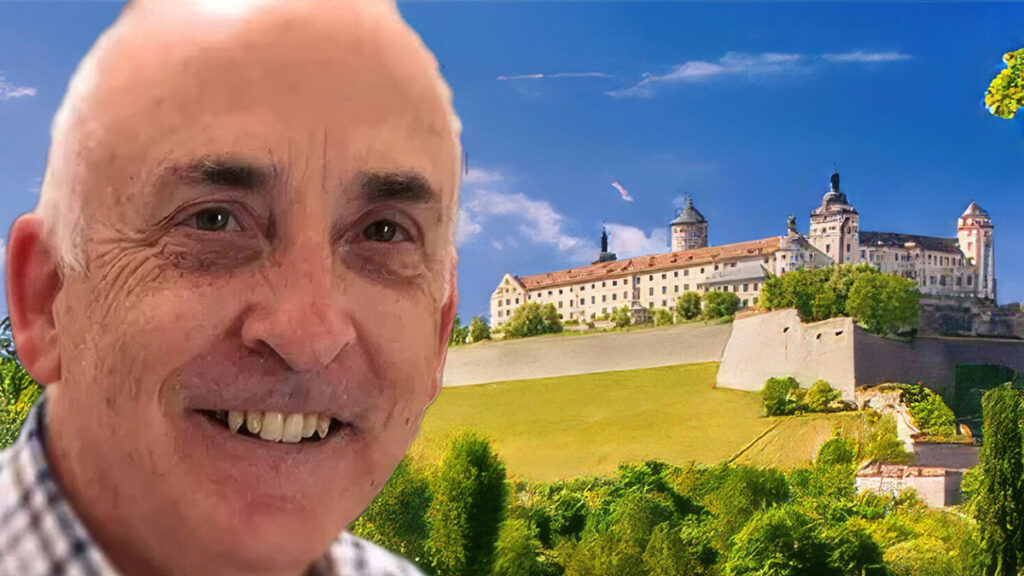In 2017, Pope Francis didn’t just revise a law — he sparked a revolution.
With “Magnum Principium,” he flipped the script on how the Church understands liturgical translation.
Gone is the era of micromanagement from Rome (“Liturgiam authenticam,” 2001).
In its place: a bold return to the vision of “Sacrosanctum Concilium” (Vatican II), where bishops’ conferences are trusted to guide how the Church prays in the people’s language.
Resurrecting a forgotten document
But the real surprise?
Francis didn’t just adjust canon law — he resurrected “Comme le prévoit” (1969), a long-sidelined document approved by Paul VI.
Far from obsolete, it becomes the soul of “Magnum Principium.”
He lifts entire phrases from it, reintroducing a revolutionary idea: translation isn’t about replicating words — it’s about transmitting mystery.
A sacramental view of language
Francis insists:
- “Language is sacramental. It doesn’t just convey meaning — it carries God’s voice.”
- “Fidelity isn’t found in slavish word-for-word replication. It lies in the whole act of communication — context, style, genre, and the living faith of a community.”
- “The vernacular liturgy isn’t a poor cousin of Latin. It is the Church speaking with her full voice.”
A direct challenge to previous norms
This is a direct challenge to the rigid principles of “Liturgiam authenticam,” which demanded sacral language and formal equivalence, even at the cost of clarity or beauty.
The 2011 English Missal, shaped under its shadow, has been criticised for its awkwardness and inaccessibility — proof, for many, of the limitations of Rome’s former approach.
Freedom for translators and bishops
But “Magnum Principium” changes the stakes.
Francis liberates translators.
He calls for elegance, depth, and pastoral care — liturgical texts that truly nourish faith.
He tells bishops: These are your decisions. These texts are your voice. Use your language fully. Speak to your people truly.
A theological awakening
And here’s the kicker: “Magnum Principium” quietly demotes “Liturgiam authenticam” to “guidelines” — no longer an iron law.
The future? Rooted in discernment, pastoral wisdom, and a deep respect for each culture’s language and spirit.
This isn’t just a policy shift. It’s a theological awakening.
Francis reframes fidelity not as rigidity, but as a dynamic, incarnational act — where the Word becomes flesh in every tongue, beautifully and boldly.
The voice of the Church just got a lot more alive.

- Dr Joe Grayland is an assistant lecturer in the Department of Liturgy at the University of Wuerzburg (Germany). He has also been a priest of the Catholic Diocese of Palmerston North (New Zealand) for more than 30 years.
- Flashes of Insight is an international publication. The editorial policy is that spelling reflects the country of origin.

